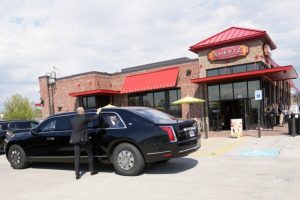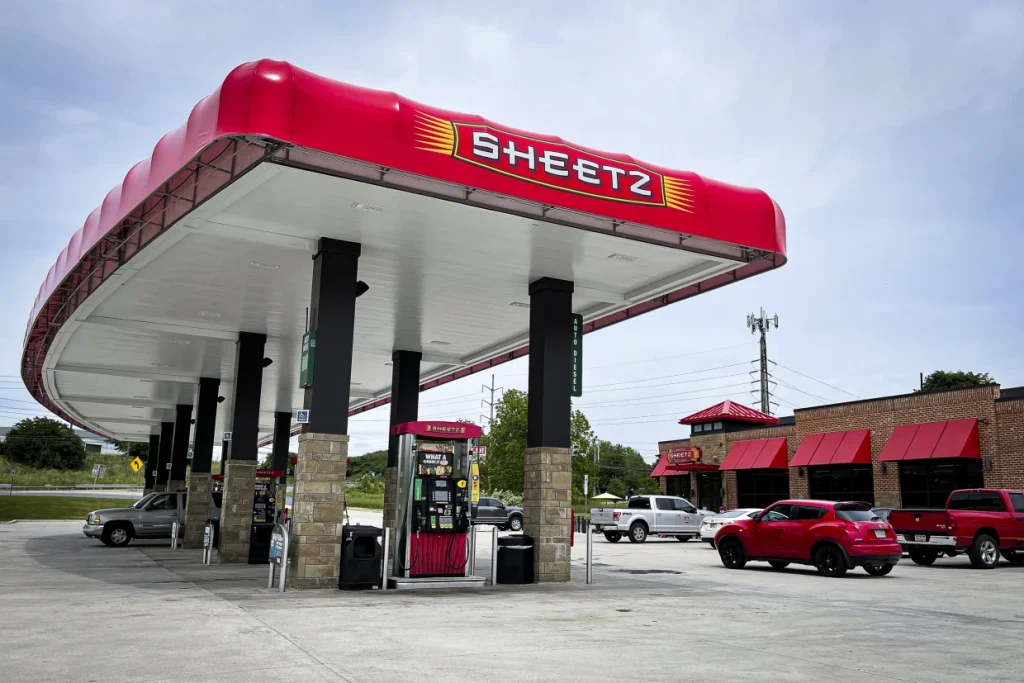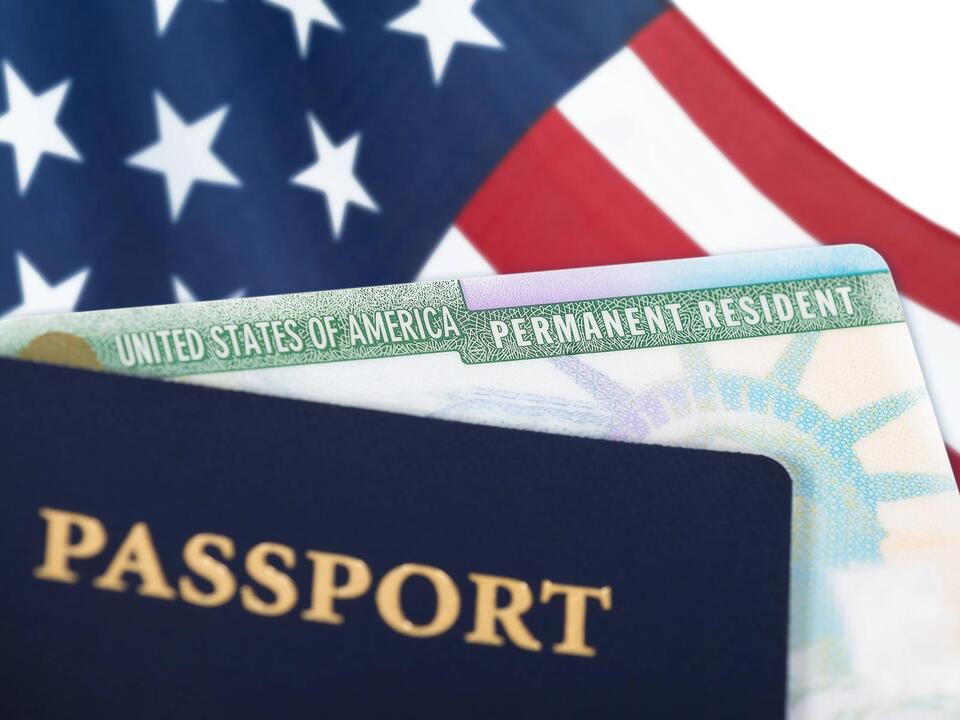Across the East Coast, Sheetz convenience stores are a familiar sight on a regular day, serving a wide range of customers. However, the U.S. Equal Employment Opportunity Commission (EEOC) has filed a complaint against the company, and behind closed doors, a bitter legal struggle is taking place. The federal government charges Sheetz with using its employment practices more especially, its criminal background check procedure to discriminate against Black, Native American, and multiracial applicants. The Civil Rights Act of 1964’s Title VII, which forbids employment discrimination, is allegedly violated by these practices, according to the complaint, which has been pending for almost ten years.

Over 700 convenience stores may be found in six states (Pennsylvania, West Virginia, Virginia, Maryland, Ohio, and North Carolina) thanks to Sheetz Inc., a company founded in Altoona, Pennsylvania. Particularly around the holidays, the company is well-known for its extensive selection of snacks and its discounted gas pricing. Despite its widespread appeal, the business is currently being investigated by the EEOC for actions that it says have been disproportionately harming minority job applicants since at least 2015.
The company’s use of criminal background checks in its employment process is at the heart of the case. According to the EEOC’s research, compared to less than 8% of White applicants, around 14.5% of Black applicants and roughly 13% of Native American and multiracial applicants were turned down because of their criminal histories. The EEOC contends that this discrepancy results from a larger social problem in which the arrest and incarceration rates in the US disproportionately impact certain communities.
Therefore, the EEOC claims that Sheetz’s employment practices may have a discriminatory effect; the corporation vigorously disputes this. The company’s commitment to non-discrimination was highlighted in a statement by Sheetz PR Manager Nick Ruffner, who said, “We do not tolerate discrimination of any kind.” Being inclusive and diverse is fundamental to who we are. Ruffner pointed out that the business has been corresponding with the EEOC for almost eight years in an attempt to settle these accusations outside of court.
Even if not purposefully discriminatory, Title VII prohibits employment practices that disproportionately exclude people of a specific race, unless the employer can demonstrate that the practices are essential to the position in question. According to the lawsuit, Sheetz disregarded less discriminatory substitute screening procedures and failed to provide evidence of this requirement.
“Even when such necessity is proven, the practice remains unlawful if there is an alternative practice available that is comparably effective in achieving the employer’s goals but causes less discriminatory effect,” said Debra M. Lawrence, regional attorney for the EEOC.
Significant remedies are sought in the case, such as the establishment of new equitable employment rules, an injunction to prevent Sheetz from carrying on with its current hiring practices, and back pay for candidates who were harmed by the claimed discriminatory acts.
Racial disparities in the criminal justice system and its pervasiveness in all facets of life, including employment, are a crucial issue that the Sheetz case brings to light for American society. Studies, like the RAND Corporation study from 2022, reveal that over half of jobless males in their 30s have a criminal record. This greatly limits their chances of finding work, especially if they come from a minority background.
The case was filed during a recent campaign swing in which President Joe Biden, who is well-known for his support of racial equality and labor rights, stopped at a Sheetz store in Pennsylvania. Even while the visit had nothing to do with the litigation, it does highlight Sheetz’s importance to the local economy and its position as an employment.
In addition to having an impact on Sheetz’s hiring procedures, the outcome of the legal proceedings may establish a standard for the use of criminal background checks by other companies nationwide. For the time being, Sheetz and the EEOC will make their cases, and the court’s ruling could significantly alter the field of employment law and how it interacts with civil rights. The case is a sobering reminder of the continued difficulties in attaining racial equality in the United States, which go far beyond the boundaries of a single convenience store chain.
Read Also – Tether Reveals Its Restructuring and New Initiatives, Moving Past Stablecoins



